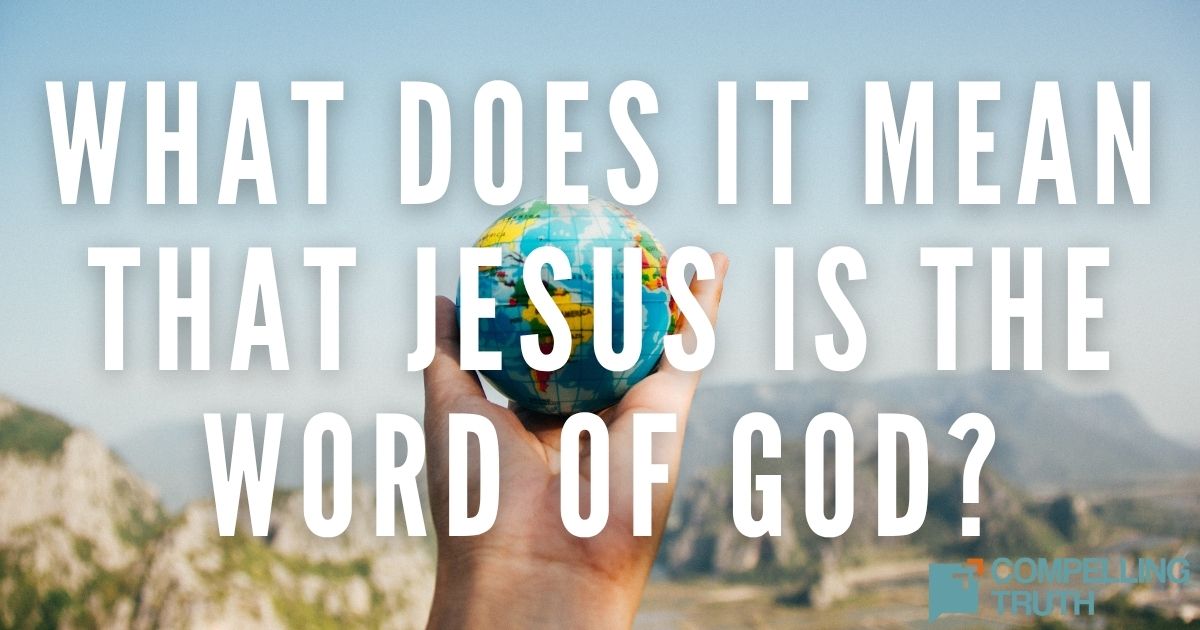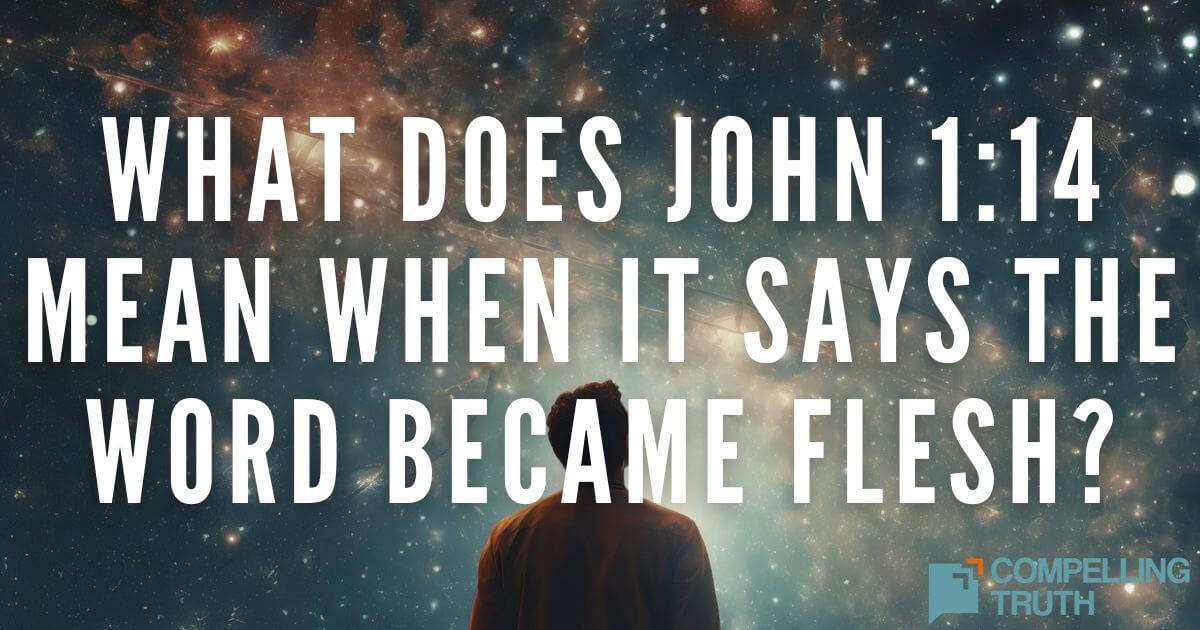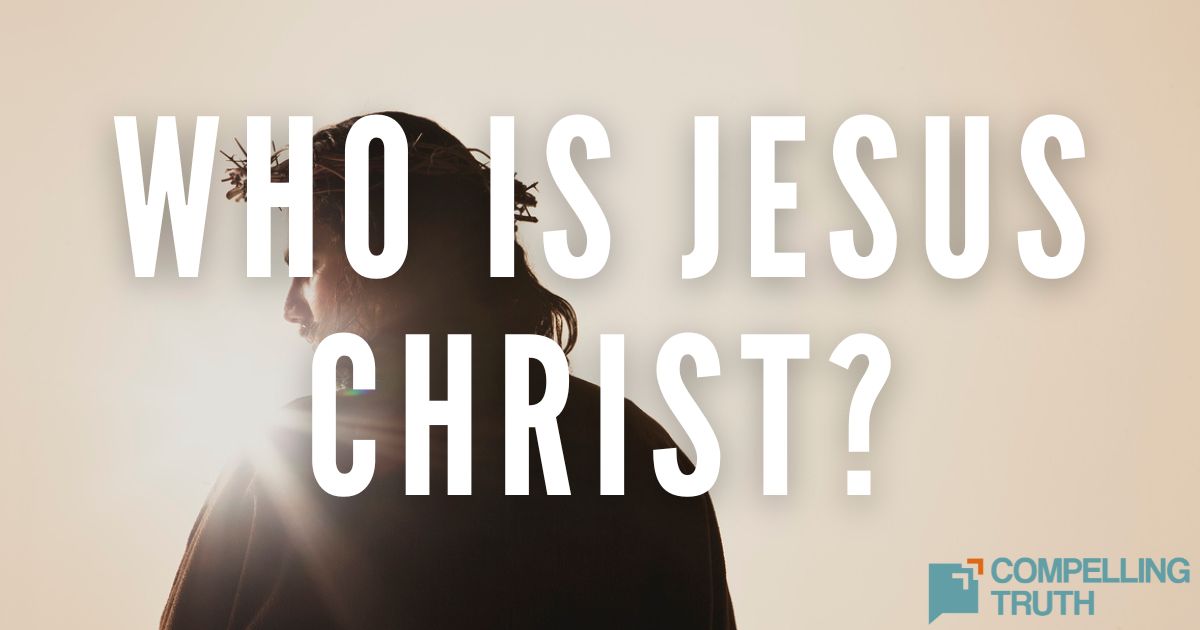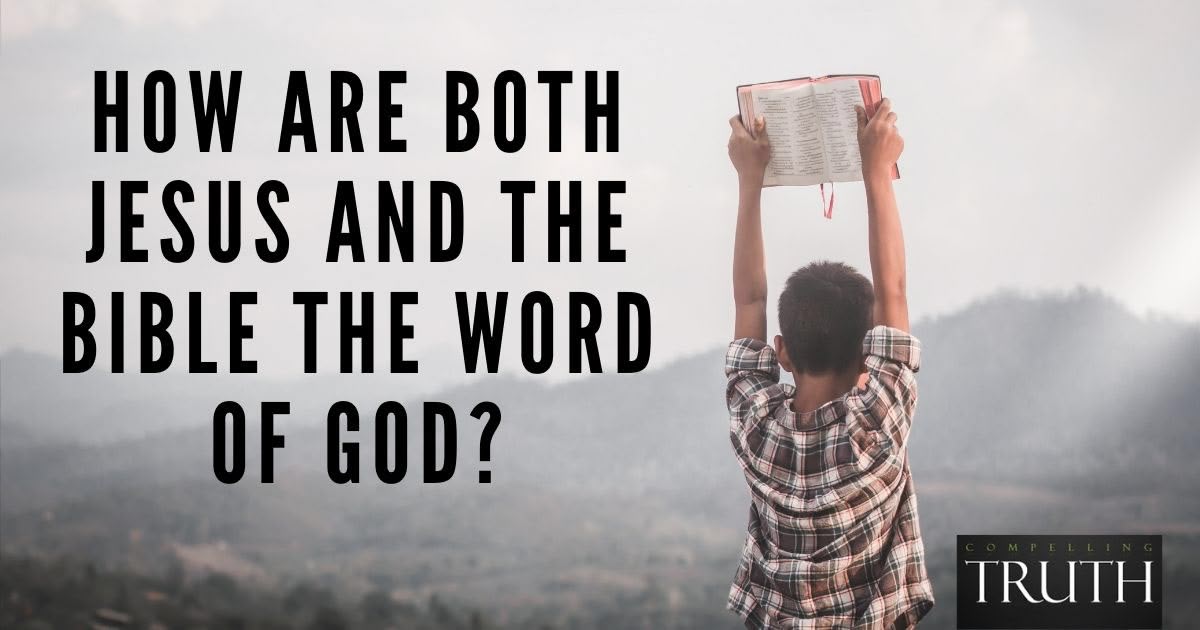what does the bible say?
John 1:1 establishes the divinity of Christ. Several parallels exist between John 1:1 and the Old Testament. The phrase “in the beginning” opens both Genesis and John. That phrase in both accounts reinforces the divinity of Christ by connecting Him to the creation narrative. God’s “word” in the Old Testament is also presented as the means of carrying out His will (Psalms 107:20; 147:15–18). Besides this, God appointed prophets to proclaim His word to His people (Jeremiah 1:4–5). The New Testament affirms Jesus as the ultimate Word who saves the world. It establishes Christ’s role in creation (Colossians 1:16; Hebrews 1:1–3). Also, Christ, the Word of God, carries out the Father’s will to save the world (John 3:16). Revelation depicts Christ conquering; He is “called Faithful and True, and in righteousness he judges and makes war. His eyes are like a flame of fire, and on his head are many diadems, and he has a name written that no one knows but himself. He is clothed in a robe dipped in blood, and the name by which he is called is The Word of God” (Revelation 19:11–13). The Bible teaches that our interactions should include sharing the good news of the Word (Romans 1:16; 1 Peter 3:15).




